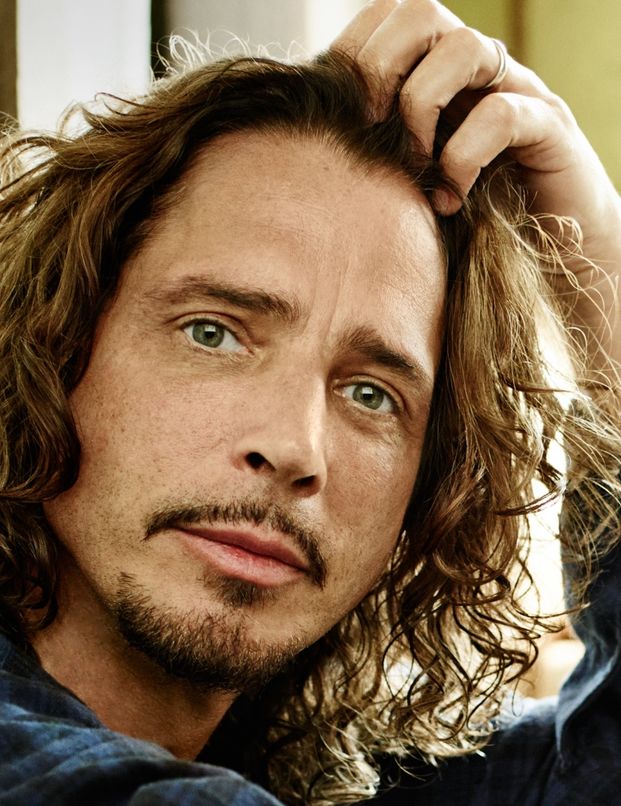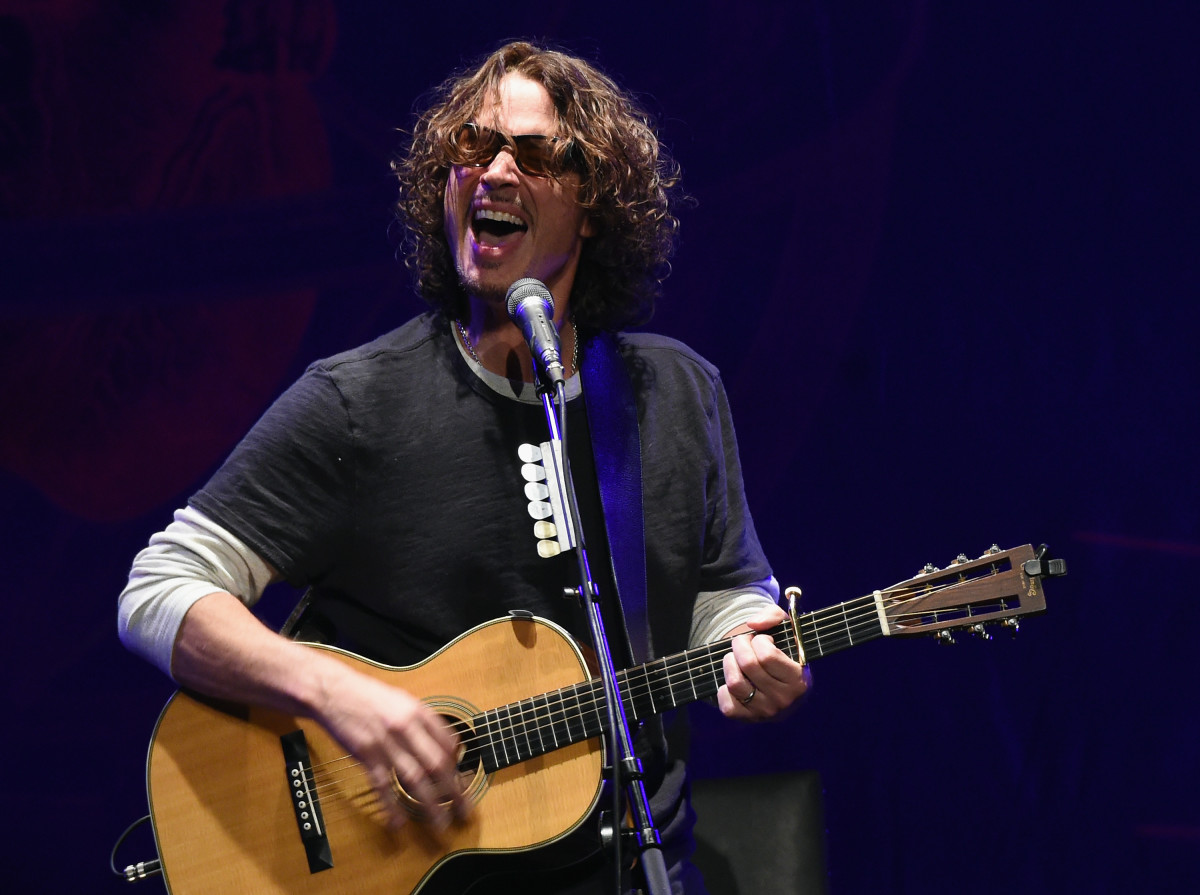It’s been roughly eight months since music fans worldwide celebrated the 15th anniversary of an incredible album that came out of the grunge music scene: Nirvana’s Nevermind. It was a celebration tinged with poignancy, the wish among many that Nirvana’s frontman, Kurt Cobain, had still been here to celebrate it with us. Last week, we lost another towering figure who grew out of the Pacific Northwest music scene in the early 1990s, and we also lost him far, far too soon.
Soundgarden, Audioslave and solo frontman Chris Cornell was tragically found dead in his hotel room, a few hours after performing with Soundgarden on May 17th. They were one of the seminal bands of the grunge music scene. The similarities with the looming figure of Cobain go far beyond being in a band that’s roots were in a close geographical proximity to Nirvana — Cornell was one of the rare and precious songwriters whose ardent desire to always test the boundaries of his music nonetheless won him legions of fans the world over.
He also possessed a voice with such a unique power that he would become the frontman of not one but two rock supergroups: Audioslave and Temple Of The Dog. With Nirvana, Soundgarden and Pearl Jam being the three most essential bands to emerge from the grunge music genre, one could certainly argue that Cornell would be the most famous icon of those three, were it not for Cobain and the eternal folklore that surround his music, life and suicide.
Born in the Summer of 1964, Cornell was raised in the city of Seattle, Washington state. The same city where the new genre known as grunge, in which he would play such a vital part, was to flourish. Prior to entering his teenage years, he spent three solid years listening to The Beatles after discovering a large collection of the Liverpudlian band’s records, abandoned in a neighbour’s basement — evidently a pivotal moment for a young boy who would go on to develop a musical curiosity not unlike that of Lennon, McCartney and co. Then entering adolescence, Cornell experienced a depression so severe that he was unable to attend school or even leave the house.
While working jobs such as being a sous chef for Ray’s Boathouse, one of Cornell’s first musical ventures was a cover band called The Shremps, performing around Seattle. It was in this band that he met Hiro Yamamoto and Kim Thayil. When The Shremps disbanded, the three musicians began to jam original material together, the beginnings of the music for their next project: Soundgarden.

